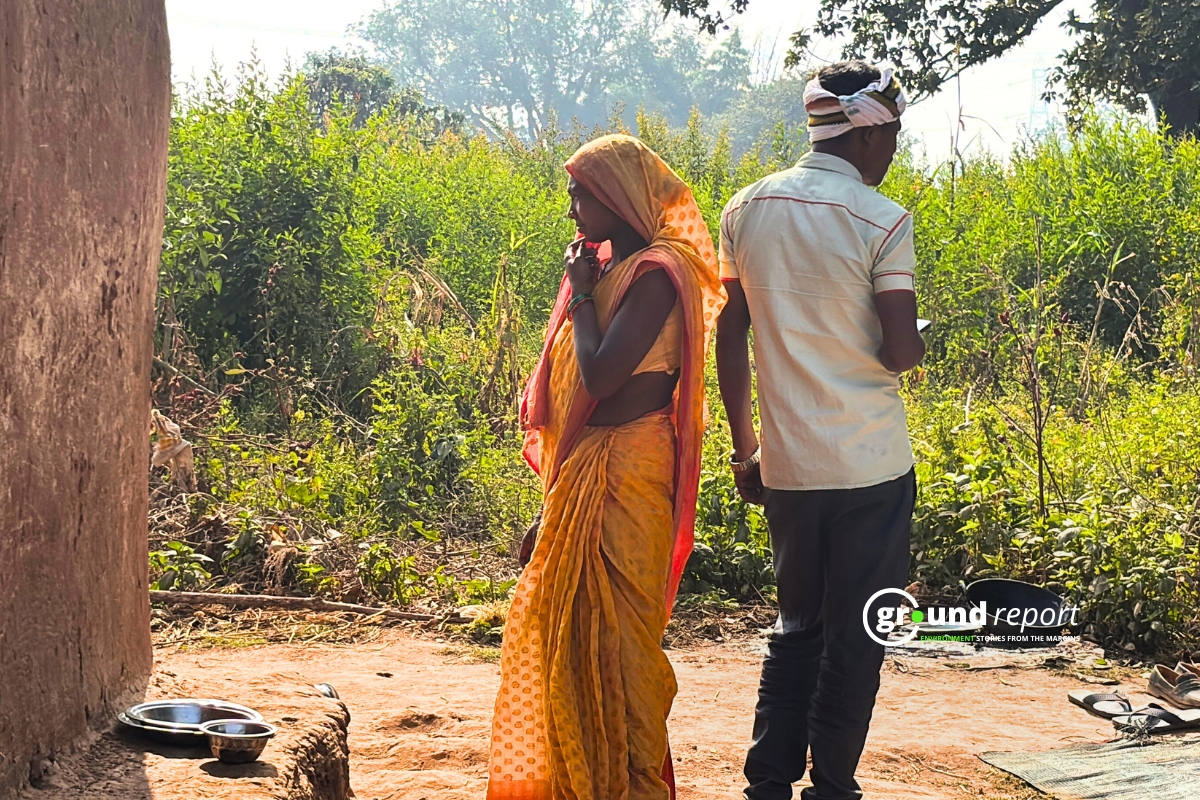The Haryana government has told the Supreme Court that its plan to develop a safari park in the Aravalli hills is a conservation project, not a commercial venture. The state said the land chosen for the project is degraded due to past mining and will be restored through ecological measures.
In an affidavit filed before the court, the state government said the project will help revive the Aravalli region. “Instead of a death knell, the project will be a conservation initiative for Aravallis,” the affidavit stated. It said the area would be fenced with a boundary wall to prevent encroachments and damage from human activity.
The response came after five retired Indian Forest Service (IFS) officers and the environmental group People for Aravallis challenged the project. They argued that the proposed park prioritizes tourism and construction over the restoration of the fragile ecosystem that serves as the green barrier protecting Delhi-NCR from desertification and air pollution.
A Supreme Court bench led by Chief Justice B.R. Gavai and Justice K. Vinod Chandran on October 8 ordered a halt on the project until the next hearing, now scheduled for November 11.
The Haryana government said the safari park project was first proposed by the Tourism Department for 10,000 acres. It is now limited to 3,300 acres and being managed by the Forest and Wildlife Department. The revised plan focuses on “the most degraded area,” according to the affidavit submitted by Subhash Chander Yadav, Chief Conservator of Forest (Wildlife), Gurugram.
“The selected area has a canopy density of less than 40 percent and is infested with invasive species in most of the area,” Yadav stated. “The wildlife corridor will not be affected with the establishment of the proposed safari park in any manner.”
The affidavit said the project would not use money meant for compensatory afforestation. It clarified that “areas with good natural flora have been excluded” from the site and that the seven gram panchayats whose land is part of the proposed area “have no objection” to the project. “Villagers are aware that employment and other opportunities will be created once the project is implemented,” the document added.
The state denied allegations that the safari park was linked to real estate development. It said construction activities in the Aravallis remain restricted under existing court orders and a central government notification issued in 1992.
According to the affidavit, the safari park will operate as an open zoo focused on education, research, and awareness. The animals will be brought from other zoos or approved facilities under the guidelines of the Central Zoo Authority (CZA). “The corridor of naturally occurring wild animals will not be affected due to the enclosures made for safari animals,” the government said.
The project’s eco-restoration plan includes removing invasive plant species, planting native trees, and improving soil and water retention. The affidavit stated that treated wastewater would be used to restore local water bodies. “A pipeline of 3 million litres per day has already been installed to recharge the waterbodies in the proposed area,” the state said.
The government said a committee headed by the Principal Chief Conservator of Forests (Wildlife) and Chief Wildlife Warden of Haryana has been formed to oversee the project. The committee includes experts such as S.P. Yadav, retired IFS officer and Secretary General of the Big Cat Alliance, who also serves as an advisor to the Cheetah Project.
The petitioners maintain that the Aravalli range is one of India’s most critical ecological zones and serves as a natural water recharge area for the region. They warned that introducing large-scale human activity could disrupt local wildlife and damage the environment.
The Haryana government has rejected those claims, insisting the project aligns with the Wildlife Protection Act, the Forest Conservation Act, and CZA guidelines. It described the initiative as “a conservation-driven effort aimed at ecological restoration, biodiversity conservation, and sustainable eco-tourism.”
The court will take up the case again next month to decide whether the project can proceed.
Support us to keep independent environmental journalism alive in India.
Keep Reading
Highway Halt Puts Kashmir’s Fruit Economy at Risk
MP brings back Bhavantar as farmers lose soybean harvests
Stay connected with Ground Report for underreported environmental stories.
Follow us onX, Instagram, and Facebook; share your thoughts at greport2018@gmail.com; subscribe to our weekly newsletter for deep dives from the margins; join our WhatsApp community for real-time updates; and catch our video reports on YouTube.
Your support amplifies voices too often overlooked, thank you for being part of the movement.






